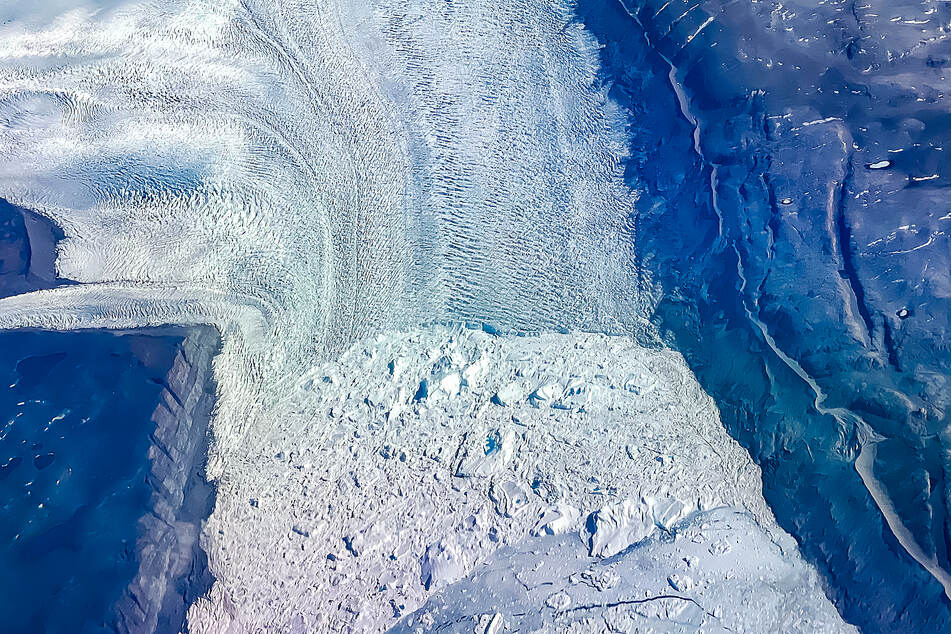A mega methane bomb went off in ancient times, and another one is primed to blow
Santa Barbara, California - Climate change is disrupting a vital current, which could flip the switch on a methane bomb that is slumbering in the Atlantic Ocean... and it's happened before.

Researchers at the University of California, Santa Barbara; in China; and in Germany found that the stored methane in the Atlantic could be released, just like it was around 125,000 years ago, per Inside Climate News.
Their study, published in the Proceedings of the National Academy of Sciences, points out how the Atlantic Meridional Overturning Current, which basically keeps warmth at shallow depths trucking down into the deep ocean, is in danger of stopping. The last time that happened, temperatures between 900 and 4000 feet in the Atlantic jumped by 12 degrees Fahrenheit, only a few degrees higher than current ocean warming today.
Right now, about one-sixth of the world's methane is in cold storage, locked up by the intense cold and high pressure found at the bottom of the ocean, where the extremely potent greenhouse gas solidifies into formations of methane hydrate, also called clathrates.
But, if those temps don't stay as frigid, the trapped methane could become the next tipping point in the climate crisis when it melts and leaves the ocean to get up into our atmosphere, where it would accelerate warming.
Lead author Syee Weldeab told Inside Climate News, "Models sometimes overestimate and sometimes underestimate, and this case seems like an underestimation to me. We’re bringing basically some perspective and an example from a time that is not so remote, when the world was as warm as what we’re projected to have in the next 80 to 100 years, and when the Greenland Ice Sheet was much smaller."
The study on methane locked in the Atlantic shows off another set of domino pieces waiting to topple as the climate crisis ramps up.
Cover photo: Kerem Yucel / AFP
